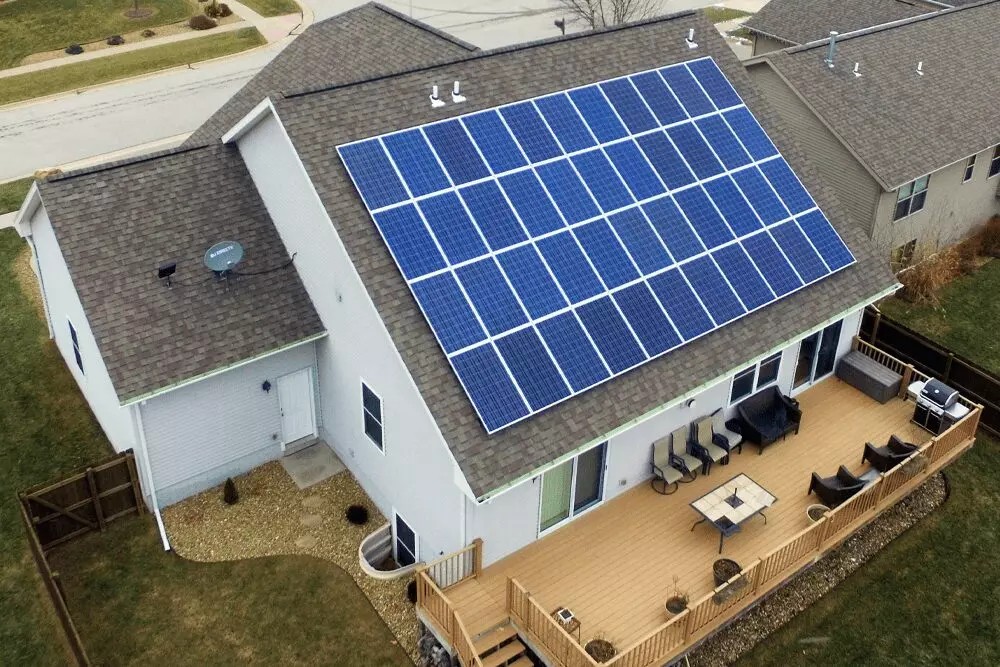
There can be no doubt that having a solar panel system installed at your home is a significant expense, but of course, the money that you can save in time, not to mention the planet, make it a worthwhile investment. That said, there are some factors that can affect the cost of each individual solar system, making it cheaper or costlier, such as the following 5:
- The amount of solar panels required
If you’re trying to offset your total energy consumption, or standardize some or all of your energy costs, the amount of panels you require in order to do so, will vary. Naturally, the more panels you have, the more sunlight they can capture and the more energy they will produce; but a larger array, costs more money.
Talk to your system provider about your solar expectations and needs, and they’ll select a system that’s the right size to meet them.
- Whether the panels will be mounted on the ground or a roof
Lack of ground space means that the average town and city home with solar, has the panels mounted on the roof, while larger farms and commercial businesses typically have more available ground for panels to be mounted on.
When you schedule a consultation with your chosen solar provider/installer, they will visit your property to determine where the system should be placed to achieve optimal performance, and this will be based upon daily sunlight exposure, the dimensions of the roof and a number of other factors. Generally speaking, rooftop solar panel systems are more cost effective.
- What panels and inverters will be needed
There are a wide variety of panel and inverter options for you to choose from, and as you would expect, the price of each can vary significantly. A conversation with a solar technician will help you decipher the differences between the systems, and enable you to make a more informed decision as to which will be best for your needs.
Then there are racks and mounting hardware, which are also available in a variety of styles and capabilities, and at differing costs.
- Add-on’s such as battery backup or an EV charging station
Storing your excess energy so that it can be used whenever you need it, such as on a cloudy day or during a power outage, is only possible with a battery backup system, and while these will enable you to go off-grid should you want to and offset your energy costs, they can be costly. You’ll need to talk to a professional about whether investing in a solar battery is right for your circumstances and needs.
If you plan to invest an electric vehicle, or already have one, a dedicated solar charging station will add to your upfront cost, but you’ll be able to pay it off in the long run.
- Solar incentives
Local and federal incentives – sometimes at city level, too – should always play a part when calculating your final solar panel installation cost, and your local solar installer will be able to advise you of any incentives such as cash rebates or tax breaks that could save you money.
How much your solar panel installation will cost depends on all of the factors above, and only by talking things through with a solar provider in your area, can you get a more accurate idea of what the total cost will be.